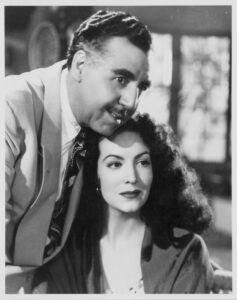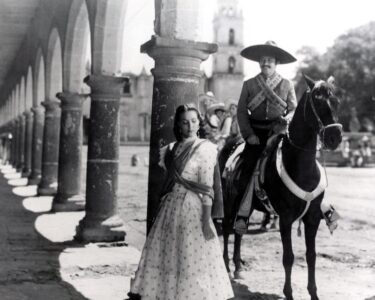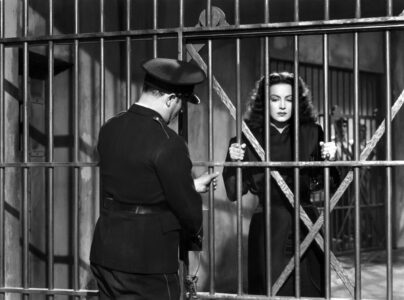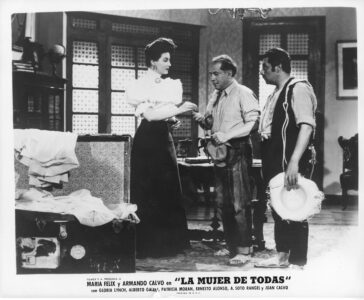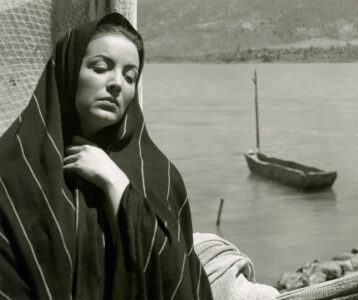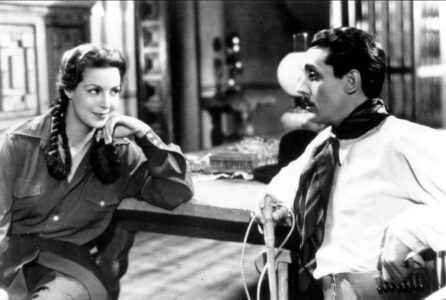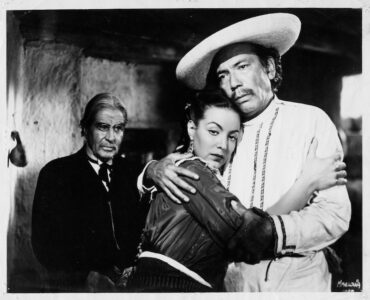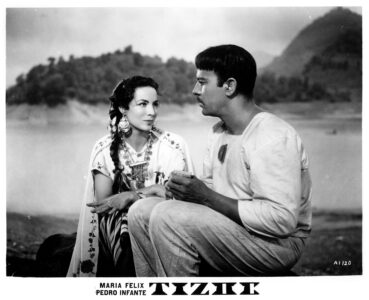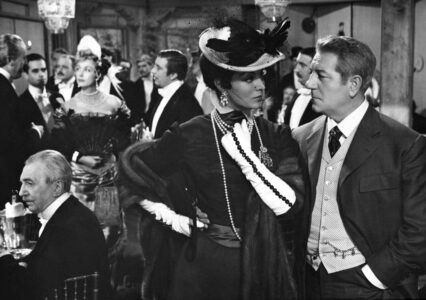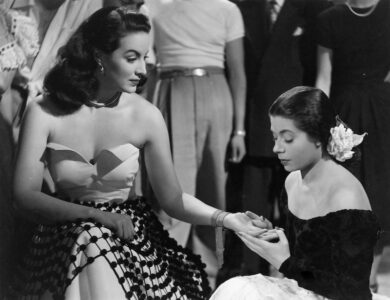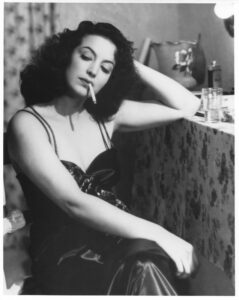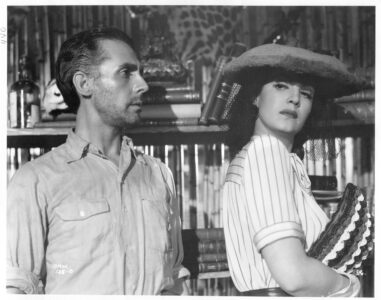Important: By downloading images you are agreeing to the following permissions: Images are provided exclusively to the press, and only for purposes of publicity of The Museum of Modern Art's and MoMA PS1's current and upcoming exhibitions, programs, and news announcements. Permission to use images is granted only to the extent of the Museum's and MoMA PS1's ownership rights relating to those images—the responsibility for any additional permissions remains solely with the party reproducing the images. The images must be accompanied by the credit line and any copyright information as it appears above, and the party reproducing the images must not distort or mutilate the images.
María Félix: La Doña
July 11, 2025 – July 27, 2025
The Museum of Modern Art
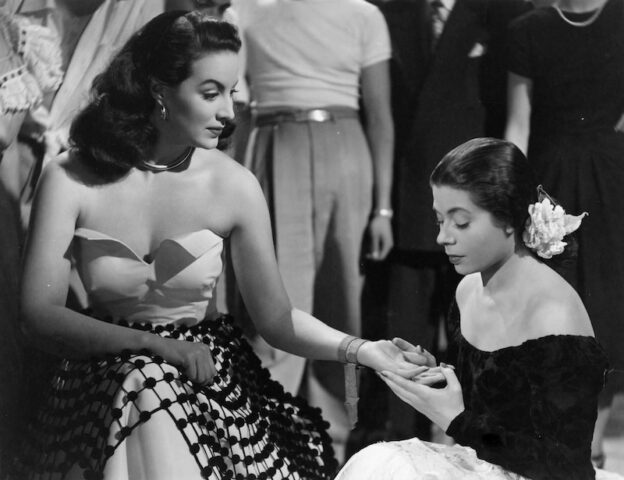
“María Félix was born twice: first when her parents brought her into the world, and again when she invented herself.” — Octavio Paz, Razón y elogio de María Félix
The greatest international star to emerge from the Mexican cinema’s “Época de Oro,” María Félix (1914-2002) is still revered by Latin American audiences as “La Doña.” Félix was not merely a star but a cultural phenomenon who redefined femininity on screen through her portrayals of difficult, domineering women who defiantly operated outside the social conventions of her time.
This program showcases a selection of her most significant works from 1942-1957, including collaborations with leading directors like Emilio Fernández and Roberto Gavaldón. From her breakthrough role in Doña Bárbara to the internationally acclaimed Enamorada, these films capture the commanding screen presence that made Félix an enduring symbol of Mexican cultural identity.
Her European career is represented by French Can Can (1955) by Jean Renoir, highlighting her international success despite famously refusing to learn English, turning down a starring role in Hollywood’s Duel in the Sun, and maintaining a proud disdain for the American film industry. Off-screen, her tumultuous relationship with composer Agustín Lara, close friendships with artistic luminaries like Frida Kahlo and Diego Rivera, and the exotic rumors that fed Mexico’s tabloid press enhanced her mystique as one of Mexico’s—and world cinema’s—most captivating figures.
Please refer to the screening schedule and program notes here.
Organized by Dave Kehr, Curator, and Steve Macfarlane, Department Assistant, Department of Film. Special thanks to Daniela Michel and Chloe Roddick of the Morelia International Film Festival and the Filmoteca de la UNAM.
![]()
Film at MoMA is made possible by CHANEL.
Additional support is provided by the Annual Film Fund. Leadership support for the Annual Film Fund is provided by Debra and Leon D. Black, with major funding from The Contemporary Arts Council of The Museum of Modern Art, The International Council of The Museum of Modern Art, Jo Carole and Ronald S. Lauder, the Association of Independent Commercial Producers (AICP), and The Young Patrons Council of The Museum of Modern Art.
Images
Que Dios me perdone (May God Forgive Me). 1948. Mexico. Directed by Tito Davison. Courtesy Colección y Archivo Fundación Televisa
La diosa arrodillada (The Kneeling Goddess). 1947. Mexico. Directed by Roberto Gavaldón. Courtesy Alamy
El peñón de las ánimas (The Rock of Souls). 1942. Mexico. Directed by Miguel Zacarías. Courtesy Alamy
La mujer de todos (Everybody’s Woman). 1946. Mexico. Directed by Julio Bracho. Courtesy Colección y Archivo Fundación Televisa
Maclovia. 1948. Mexico. Directed by Emilio Fernández. Courtesy Colección y Archivo Fundación Televisa
La mujer sin alma (The Woman Without a Soul). 1944. Mexico. Directed by Fernando de Fuentes. Courtesy Colección y Archivo Fundación Televisa
